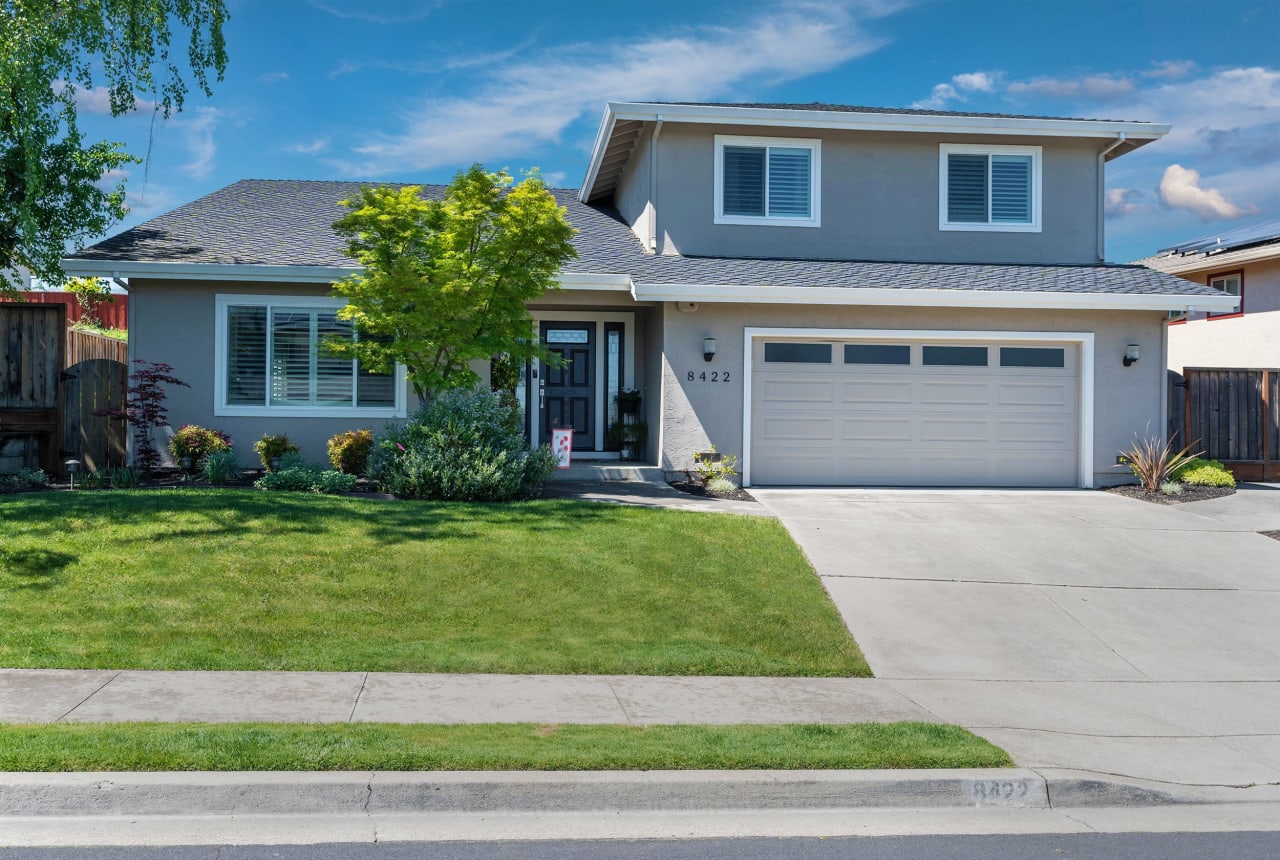Homebuyers closing costs refer to the additional fees and expenses that buyers incur when finalizing the purchase of a property. These costs are in addition to the actual purchase price and are an essential aspect of the home buying process. Understanding these expenses is crucial for prospective buyers to be financially prepared and make informed decisions. Closing costs typically vary depending on various factors, including the location of the property, the purchase price, and the terms of the mortgage loan. Some of the common components of closing costs include:
- Loan Origination Fees: These are charged by the lender to cover the processing and underwriting of the mortgage loan. It is usually a percentage of the loan amount.
- Appraisal Fees: Lenders require an appraisal to assess the property's value, ensuring it is worth the purchase price and the loan amount.
- Title Insurance: This is crucial to protect the buyer and the lender from any claims or disputes regarding the property's ownership and title.
- Attorney Fees: In some regions, legal representation may be required to oversee the closing process, protecting the buyer's interests.
- Home Inspection Costs: While not always mandatory, a home inspection is highly recommended to identify any potential issues with the property.
- Escrow Fees: These fees cover the cost of an impartial third party (an escrow company) that facilitates the closing process and ensures a smooth transaction.
- Prepaid Expenses: Buyers may need to prepay property taxes, homeowners insurance, and mortgage interest that will be due shortly after closing.
- Recording Fees: The government charges fees for recording the property transfer and related documents with the appropriate authorities.
- Pest Inspection Fees: In some areas, a pest inspection is required to check for termite or pest-related issues.
- HOA Fees and Transfer Fees: If the property is part of a homeowners association, buyers may need to pay HOA fees and transfer fees.
It's essential for homebuyers to budget for closing costs in addition to the down payment. These costs can range from 2% to 5% of the purchase price, and sometimes even higher, depending on the circumstances. Being prepared for these expenses ensures a smooth closing process and avoids last-minute financial stress.
Buyers should request a Loan Estimate (LE) from the lender, a document that details the estimated closing costs, within three days of applying for a mortgage. This allows buyers to compare offers from different lenders and negotiate some fees if necessary.
In conclusion, understanding home buyers' closing costs is crucial for anyone embarking on the journey of purchasing a property. By being aware of these expenses and preparing accordingly, buyers can confidently navigate the closing process and transition smoothly into their new home.




